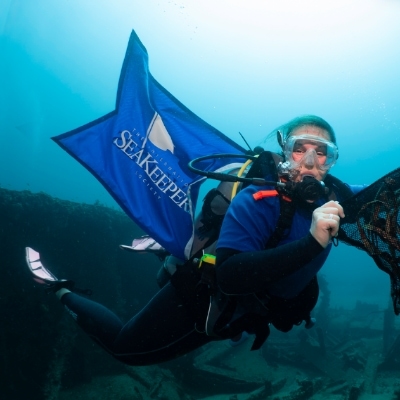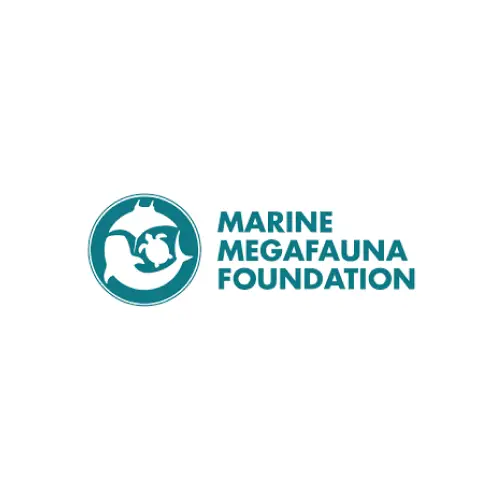Mobulas of the North East Canyons
Project Overview:
This research aims to conduct baseline studies into the life history and populations of two Mobula Ray Species, M. tarapacana and M. mobular off the coasts of New York and Massachusetts. To date, no dedicated research has been conducted on devil rays off the coast of the Northeastern United States. To better understand these rays, their conservation status, and their connectivity with other populations in the Atlantic (i.e., the Azores), the Florida Manta Project (FMP) intends to conduct a satellite tagging and genetics study of these species.
Program Partners
- Marine Megafauna Foundation
Location
- New York or Massachussetts
Expected Time Frame
- Summer 2025
Duration of Expedition
- 5 days, possibly recurring
Accommodation Needed
- 3-4 Researchers
Special Equipment Needed
- Swim platform (hydraulic or stationary) or easy access to water
Expedition parameters listed above are flexible and negotiable.
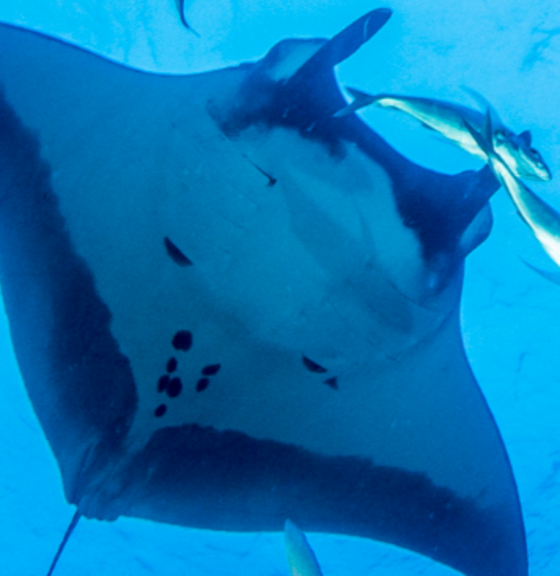
Background:
The Florida Manta Project (FMP) is the first research group to conduct a dedicated study of mobula rays, specifically manta rays M. c.f. birostris, in the continental United States. In Florida, the FMP has described a rare nursery habitat for juvenile manta rays and discovered important mating / foraging habitat for adults. The FMP has expanded its work into additional mobula ray species, recently publishing a range extension for M. tarpacana, with additional research on both species of devil rays in preparation for publication. Both M. tarapana and M. mobular are listed as endangered. No baseline research, other than the aforementioned FMP publications, has been conducted in the continental United States. The FMP has received multiple citizen science reports of these two species and has reviewed aerial data suggesting that these species can be reliably located off the North Easter US during summer. To better understand these species, their populations, and conservation status in the United States, the FMP intends to conduct baseline research including satellite tagging and genetic analysis within this region.
Mission:
The objective of this expeditions is to survey the canyons off of New York and Massachusetts for Mobula ray species, to satellite tag and collect genetic samples from these species, and to analyze this data to better understand the movements, population size, and population connectivity of these endangered rays. The results of these studies will be published and presented on to scientific audiences. Both ray species are listed as endangered by the IUCN, but not listed in US legislation. The results of these studies will be shared with US National Marine Fisheries and inform US Endangered Species Act legislation. The research will also inform FMP educational initiatives as interns will be included in each step of the research and the program findings will be included in established school visit programs. The Florida Manta Project also conducts regular outreach, targeting title 1 schools, in South Florida on a monthly basis.
Program Partners:
Get Involved
If you’re interested in learning more about this specific program opportunity, please reach out to our team below to find out more about this program or get involved in other opportunities with SeaKeepers.
Explore More Opportunities
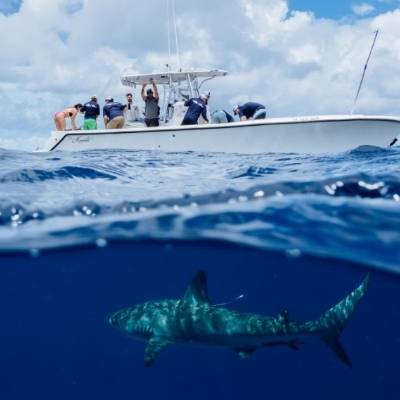
At-Sea Opportunities
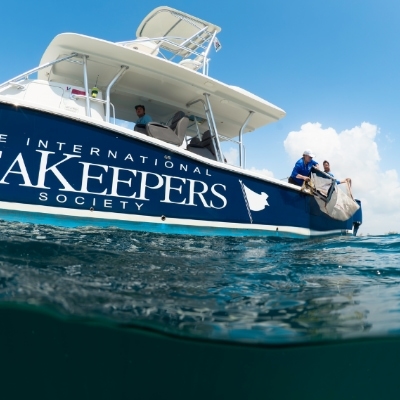
Citizen Science Opportunities
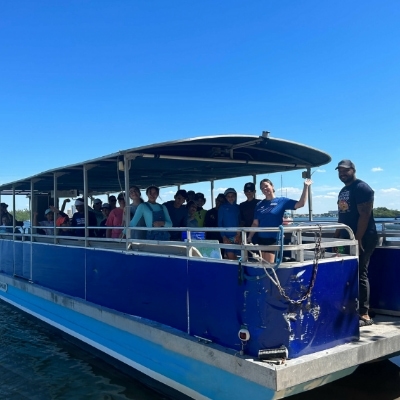
Education Opportunities
